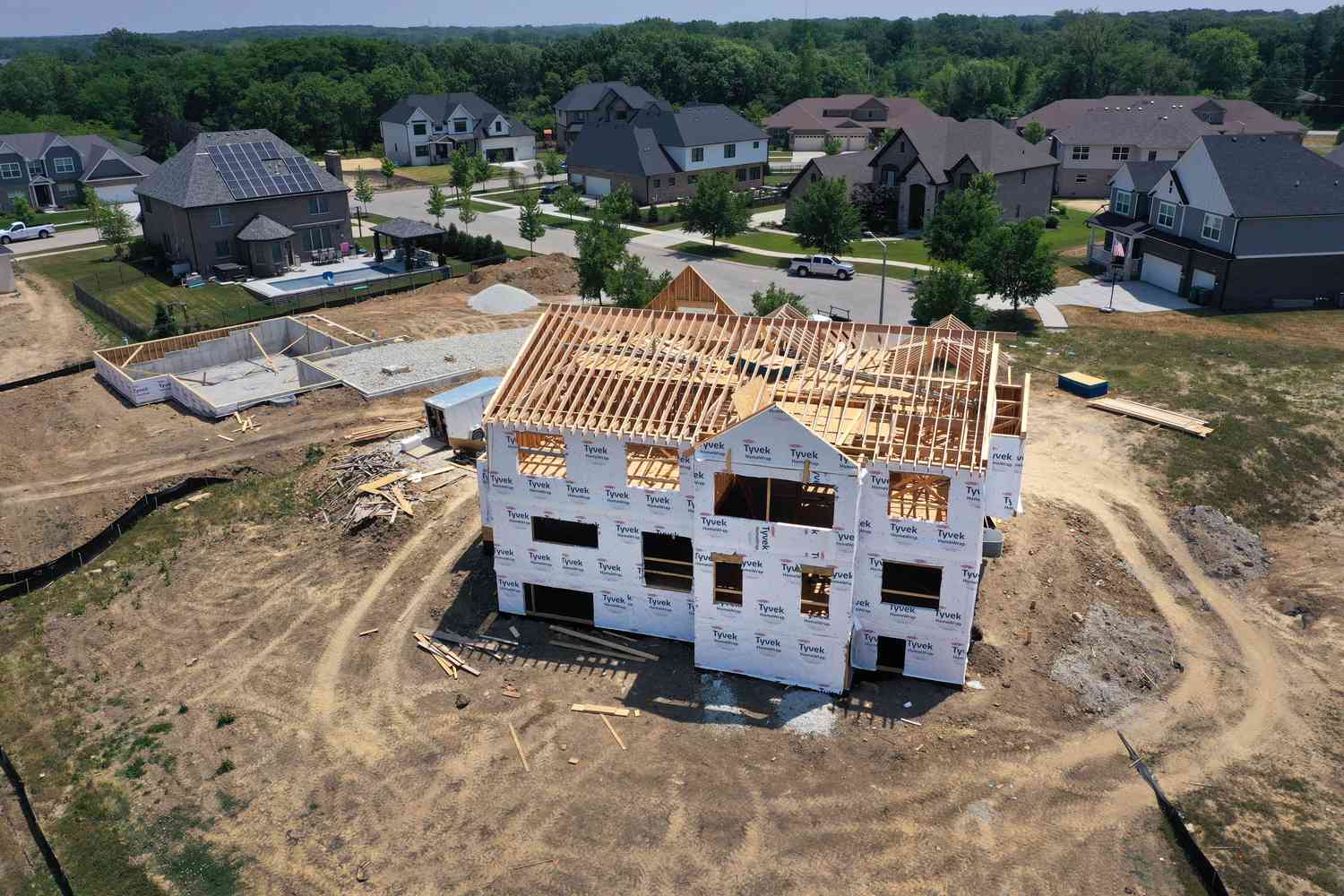

As awareness of environmental issues grows, so does the demand for sustainable and eco-friendly practices in house construction. In this blog, we delve into the importance of incorporating eco-friendly principles into house construction and explore innovative practices that contribute to a more sustainable future.
Passive House Design:
Passive house design is a leading trend in eco-friendly house construction, focusing on maximizing energy efficiency and minimizing environmental impact. By optimizing insulation, air sealing, and ventilation systems, passive house designs reduce heating and cooling energy requirements, leading to significant energy savings and lower carbon emissions over the life of the home.
Green Building Materials:
Choosing green building materials is essential for sustainable house construction. From recycled and reclaimed materials to low-impact alternatives such as bamboo, cork, and engineered wood products, incorporating environmentally friendly materials reduces resource depletion, minimizes waste, and promotes healthier indoor air quality for occupants.
Solar Power Integration:
Integrating solar power into house construction is a powerful way to harness renewable energy and reduce reliance on fossil fuels. Solar panels can be installed on rooftops or integrated into building facades to generate clean, renewable electricity, reducing utility costs and carbon emissions while increasing the home's energy independence and resilience.
Rainwater Harvesting Systems:
Rainwater harvesting systems capture and store rainwater for non-potable uses such as irrigation, landscaping, and toilet flushing, reducing demand on municipal water supplies and mitigating stormwater runoff. Incorporating rainwater harvesting systems into house construction promotes water conservation and sustainability, especially in regions prone to drought or water scarcity.
Green Roof Installation:
Green roofs, also known as living roofs, are becoming increasingly popular in eco-friendly house construction. These vegetated roofs provide numerous environmental benefits, including improved stormwater management, reduced urban heat island effect, enhanced biodiversity, and increased energy efficiency by providing natural insulation and shade.
Eco-friendly practices in house construction play a crucial role in building a sustainable future for generations to come. By embracing passive house design, using green building materials, integrating solar power, implementing rainwater harvesting systems, and installing green roofs, homeowners can create homes that are not only environmentally responsible but also comfortable, healthy, and resilient.
